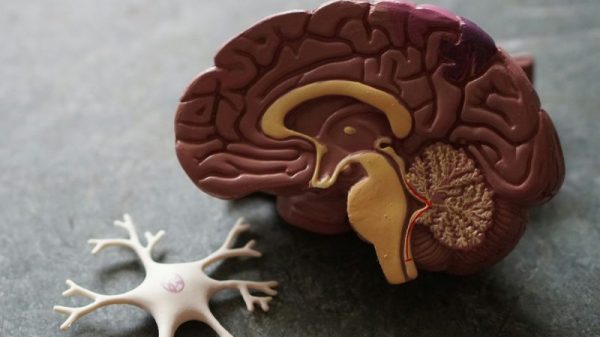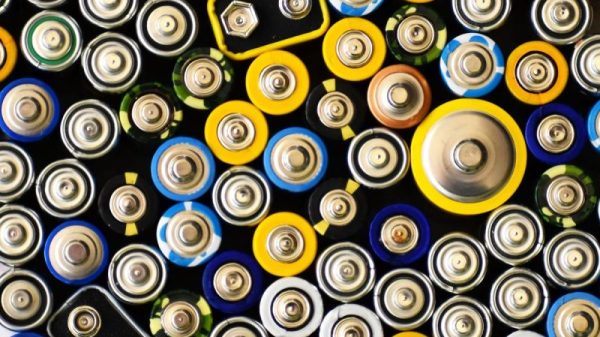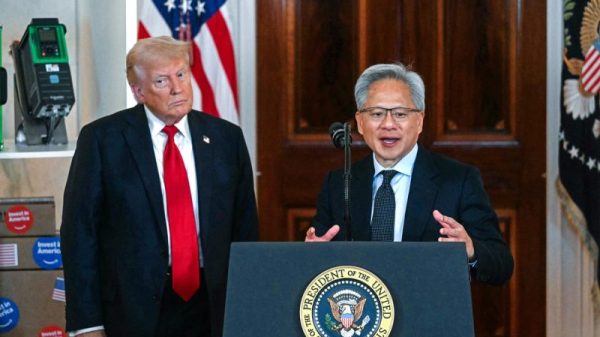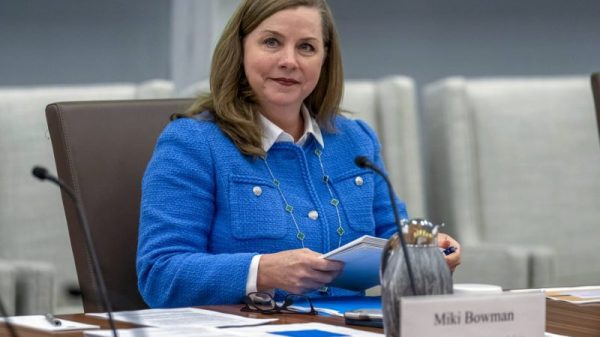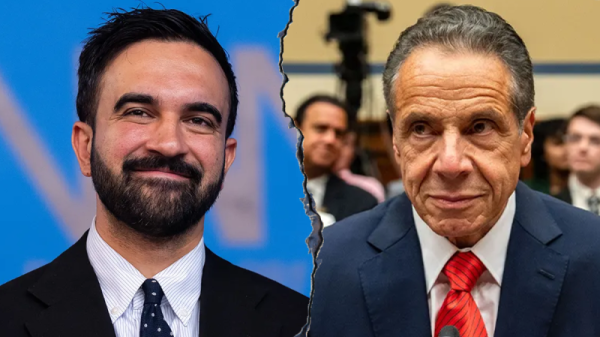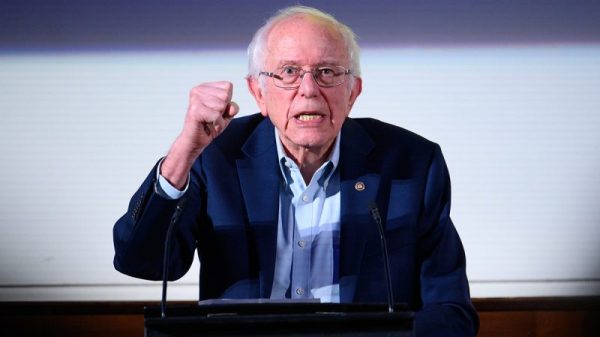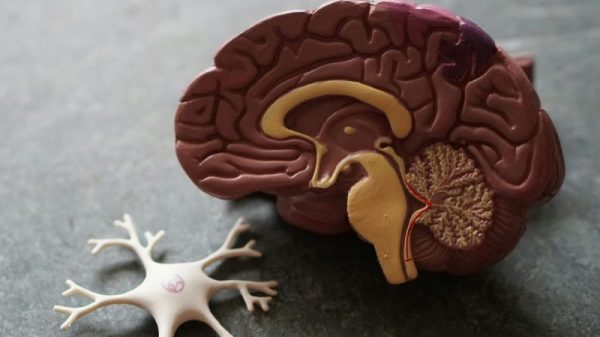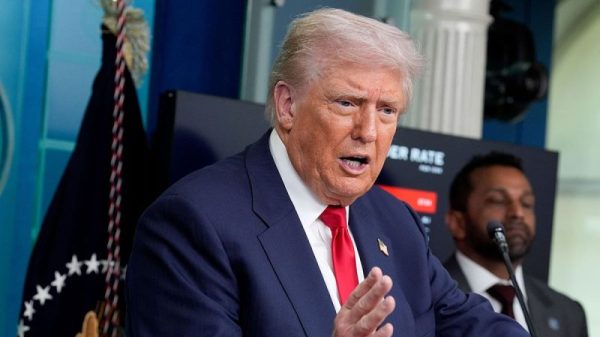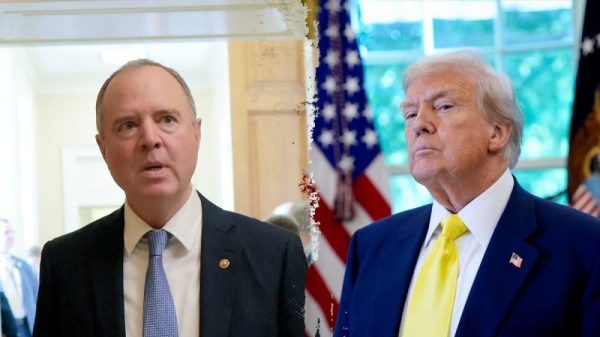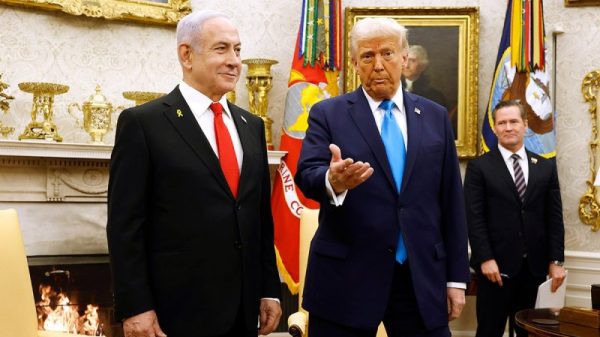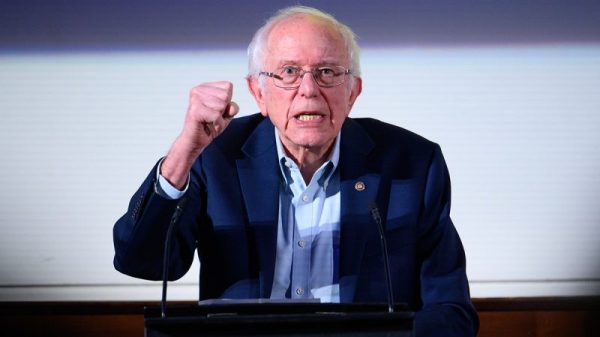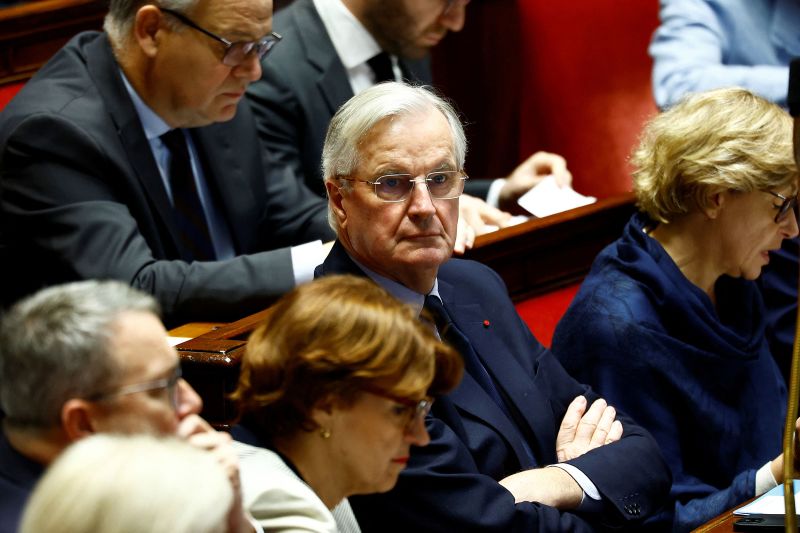French lawmakers will vote Wednesday on a no-confidence motion that is widely expected to oust the government of Prime Minister Michel Barnier, as the country grapples with a deepening political crisis and massive budget deficit.
The move comes after Barnier attempted on Monday to ram through part of his government’s budget for 2025, which included measures to fill the large hole in France’s public finances and bring the deficit back in line with European Union rules by the end of the decade.
His financing bill includes €60 billion ($63 billion) worth of tax hikes and spending cuts aimed at bringing the deficit down to 5% next year, according to the government’s calculations. Some of the measures are hugely unpopular with opposition parties, such as delaying matching pension increases to inflation.
Barnier, who has only been in power since September as the leader of a minority government backed by centrists and conservatives, attempted to pass the budget using a controversial constitutional mechanism that bypassed a vote in the legislature.
However, that maneuver in turn allowed lawmakers the opportunity to put forward no-confidence motions against him – and lawmakers on the left, who have repeatedly vowed to bring down his government, did just that.
The far-right National Rally party is now set to join the vote to topple the government after it failed to get finance bill concessions from Barnier.
This no-confidence vote is the just the latest jolt on a political rollercoaster in France, where no single party has wielded a majority in parliament since snap elections in July.
If the measure passes, it will throw the country into political chaos. No government has been ousted in a no-confidence vote since 1962 and Barnier would become France’s shortest-serving prime minister in history. His cabinet would have to serve in a caretaker capacity until French President Emmanuel Macron names new leadership.
But it’s unclear how any future prime minister will find unified support in a divided political landscape and avoid being similarly toppled. The parliament is deeply divided into three blocs: the centrists of Macron’s party, the far-right of Marine Le Pen’s party and a left-wing coalition.
This gridlock has made the government’s budget problems much harder to solve.
On Monday, worries about the impact of the political maelstrom on France’s public finances briefly pushed the government’s borrowing costs above those of Greece.
France’s government debt is approaching 111% of gross domestic product (GDP) – a level unmatched since World War II, according to the S&P Global Ratings credit rating agency – partly as the state spent big to cushion the economy from the pandemic and the energy crisis sparked by Russia’s full-scale invasion of Ukraine in February 2022.
The credit rating agency expects France’s budget deficit to reach 6.2% of GDP by the end of the year. That’s more than double the 3% limit imposed by EU rules and one of the largest budget shortfalls among countries that use the euro.
“France remains a balanced, open, wealthy and diversified economy, with a deep domestic pool of private savings,” S&P Global Ratings said in a Friday statement. But it added that the country’s credit rating could be lowered if the government was “unable to reduce its large budget deficits” or if economic growth undershot the agency’s expectations over a sustained period.


